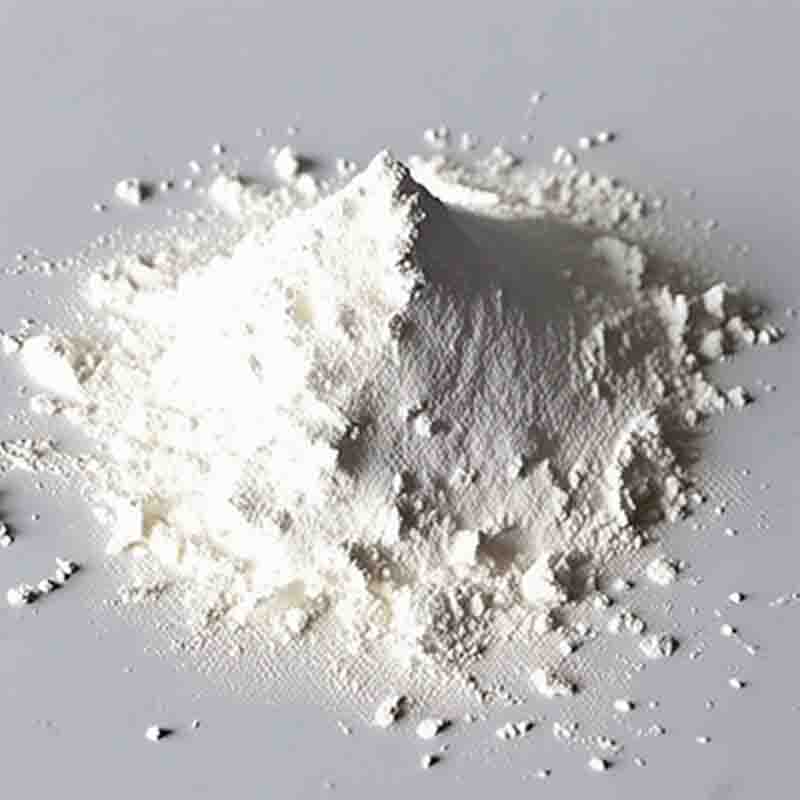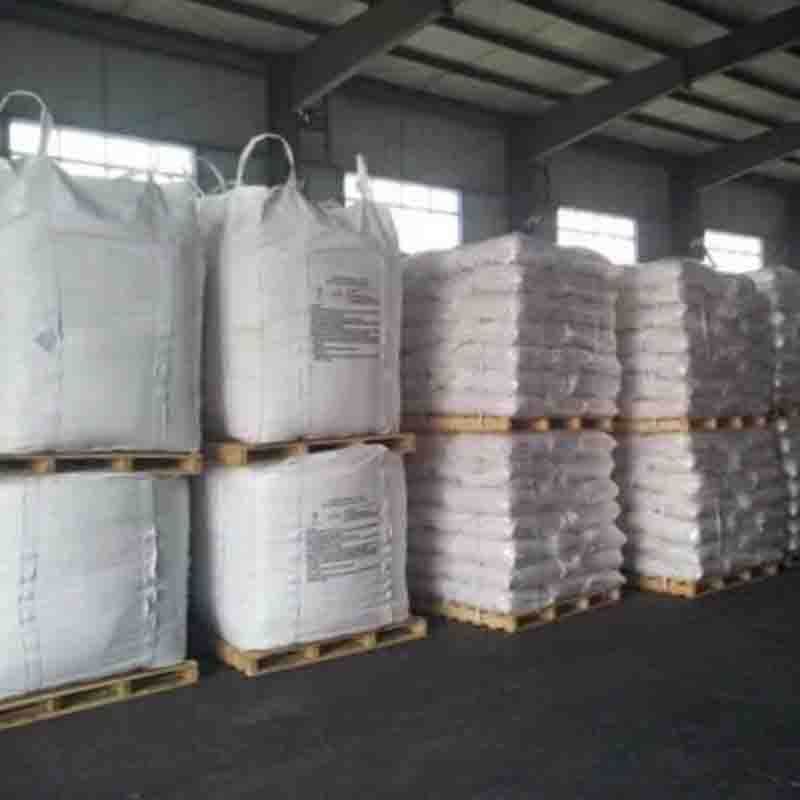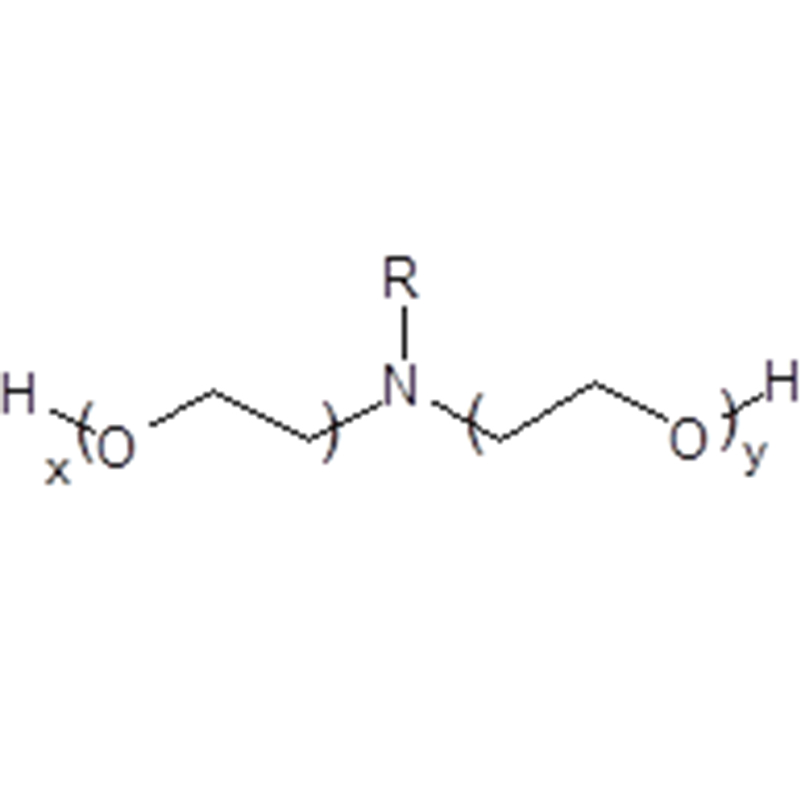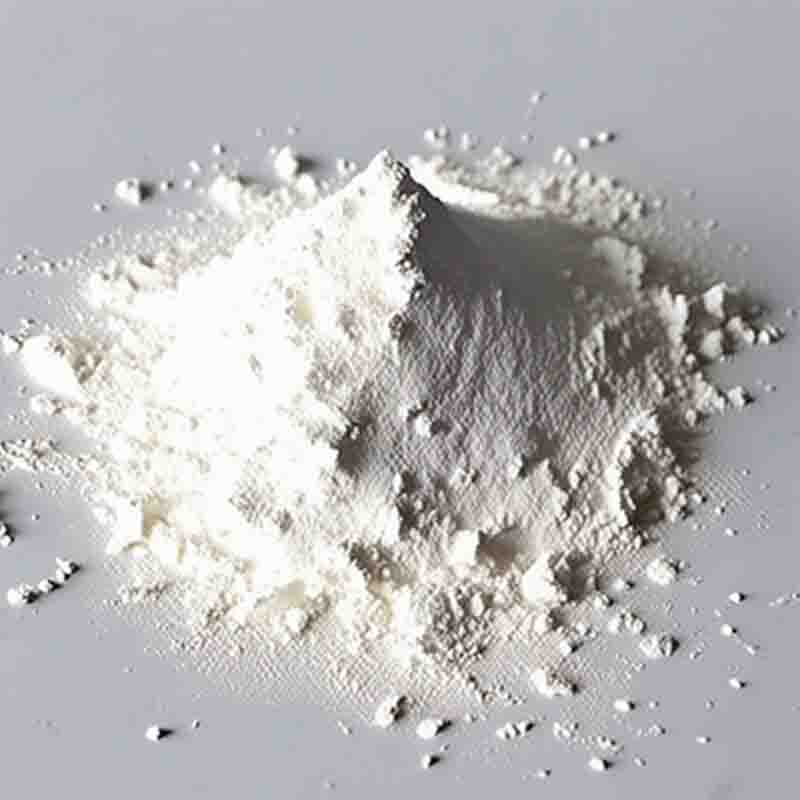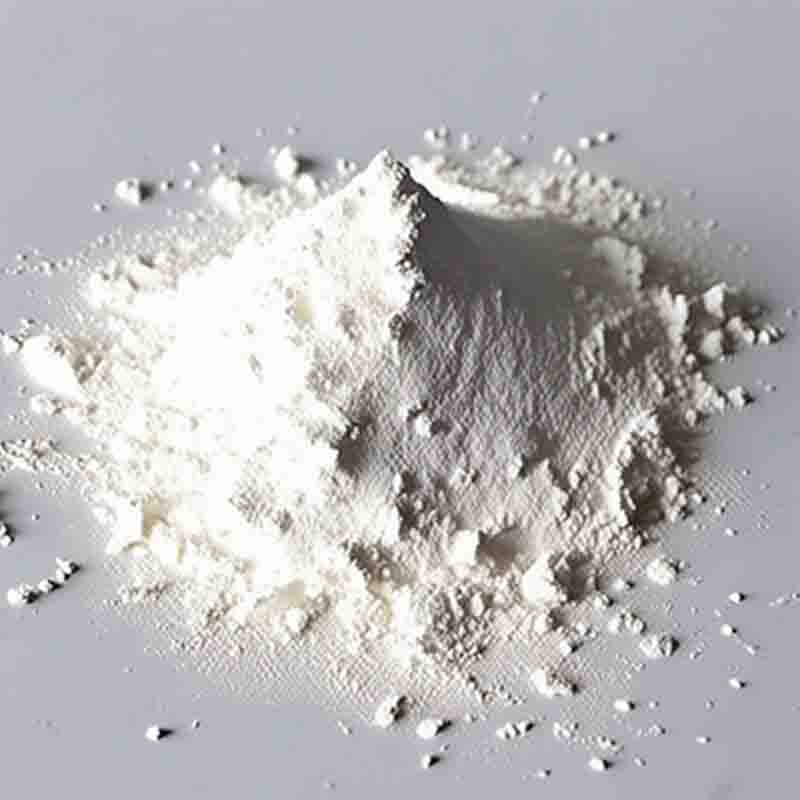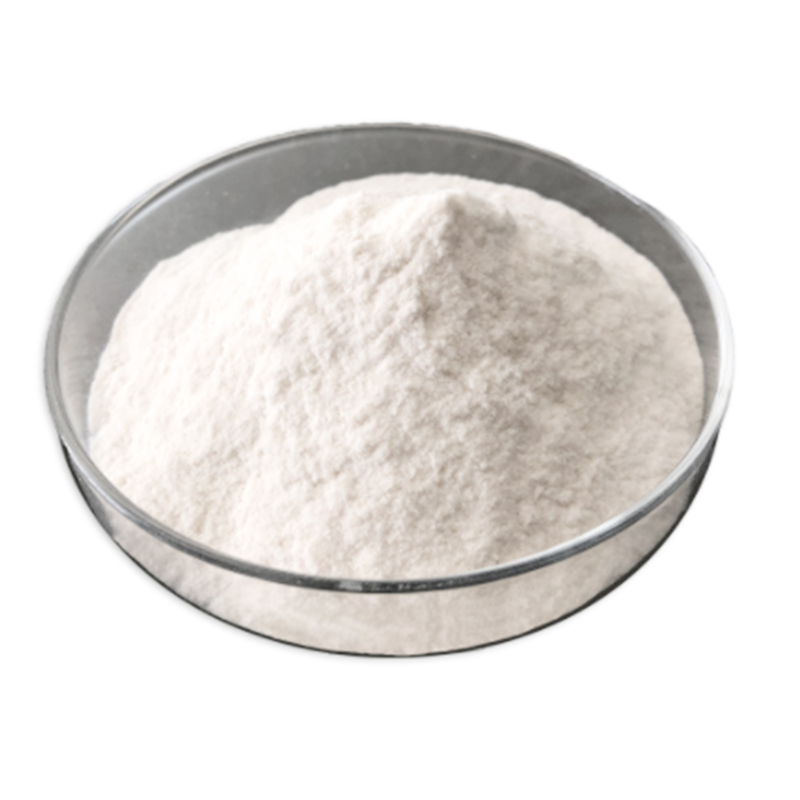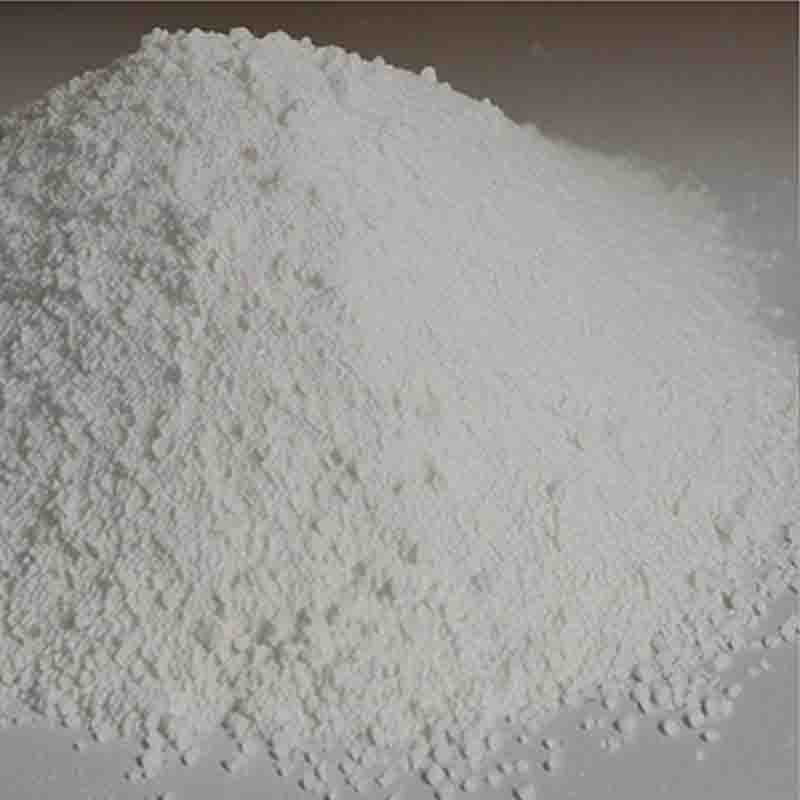4,4”-dibromo-p-terphenyl CAS: 17788-94-2
| Catalog Number | XD94760 |
| Product Name | 4,4''-dibromo-p-terphenyl |
| CAS | 17788-94-2 |
| Molecular Formula | C18H12Br2 |
| Molecular Weight | 388.1 |
| Storage Details | Ambient |
Product Specification
| Appearance | White powder |
| Assay | 99% min |
4,4''-dibromo-p-terphenyl, also known as DBTP, has several applications in various industries.
One of the main uses of 4,4''-dibromo-p-terphenyl is as a building block in organic synthesis. It can undergo various chemical reactions, such as coupling reactions, to form new carbon-carbon or carbon-heteroatom bonds. This allows for the synthesis of complex organic compounds, including pharmaceuticals, agrochemicals, and specialty chemicals. Its versatile reactivity makes it a valuable compound in the field of organic chemistry.
Furthermore, 4,4''-dibromo-p-terphenyl finds application as a flame retardant in the plastics and polymers industries. It can be incorporated into polymer matrices to improve their fire resistance, reducing the risk of fire and improving the safety of products. This is particularly important in industries such as construction, electronics, and transportation, where fire safety is a critical concern.
4,4''-dibromo-p-terphenyl can also be used as a precursor in the synthesis of liquid crystals. It can undergo further chemical reactions to form mesogenic groups, which are essential components of liquid crystal materials. These materials have applications in various industries, including displays, lighting, and electronic devices.
Moreover, 4,4''-dibromo-p-terphenyl finds application as a reagent in organic synthesis. It can react with various compounds to form new carbon-carbon or carbon-heteroatom bonds, allowing for the synthesis of complex organic molecules. This makes it a valuable compound in the development of new drugs, agrochemicals, and specialty chemicals.
In addition, 4,4''-dibromo-p-terphenyl can find application as a fluorescent probe in analytical chemistry. It can emit fluorescence when exposed to certain wavelengths of light, allowing for the detection and quantification of analytes. This property makes it useful in assays and tests for the determination of certain substances, contributing to advancements in analytical techniques and methods.
In conclusion, 4,4''-dibromo-p-terphenyl has versatile applications as a building block in organic synthesis, flame retardant, precursor in the synthesis of liquid crystals, reagent in organic synthesis, and fluorescent probe in analytical chemistry. Its unique properties and reactivity make it a valuable compound in various industries, contributing to advancements in materials science, chemical research, and industrial processes.


